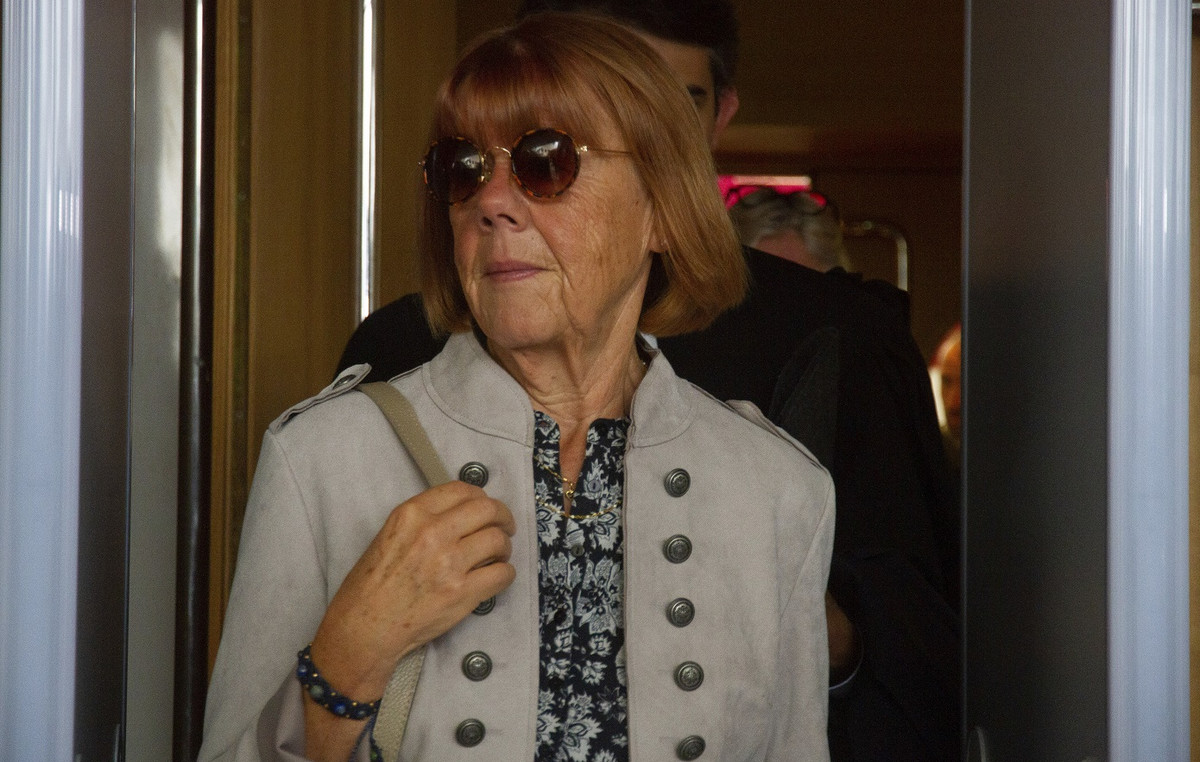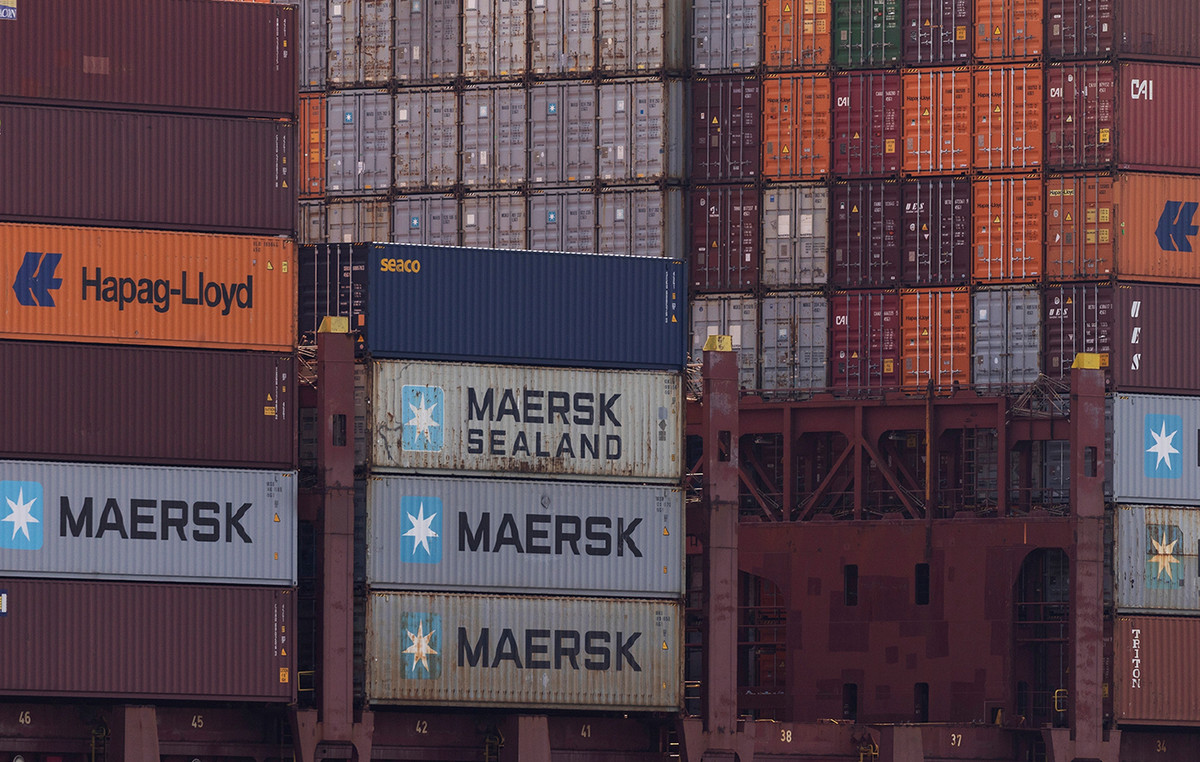Recent statements by European leaders show how difficult it is to close the free trade agreement between Mercosur and the European Union.
If, on the one hand, the French president, Emmanuel Macron, said he is against the resolution, on the other, the German chancellor, Olaf Shcolz, supported the negotiation in the meeting he had with the Brazilian president, Luiz Inácio Lula da Silva (PT ), in Berlin, this Monday (4).
This shows the opposing, and often contradictory, interests between European Union countries.
Some have a lot to gain from the agreement, like Germany itself, as they could export finished products, machinery and various other items with high added value and with more competitive values to the Mercosur economies.
France would also benefit from these advantages, but it has an interest in protecting its small rural producers, who would suffer greatly in competition with the vigorous agribusiness of Brazil and Argentina, for example.
This fear about agribusiness is shared by other countries in the European bloc, such as Poland and Ireland.
So, it is very likely that this agreement will not come to fruition within the limit established by President Lula: December 7th, when Brazil’s presidency of Mercosur ends.
On the South American side, indecision also plays against the agreement. Argentina, for example, did not make its position clear on the eve of Javier Milei’s inauguration.
The economist will take over the Argentine government just three days after the Mercosur summit meeting that will decide whether the nations will continue trying to reach an agreement or whether they will give up after 23 years of discussions.
President Lula said he will insist until he receives a “no” from all the leaders, which is very likely to happen. Other countries stated that they would not be interested in continuing negotiations after the end of the Brazilian presidency in Mercosur, as is the case of Paraguay, which will take over Brazil’s seat at the helm of the South American bloc.
With Macron’s strong statement against the agreement, the doubt regarding Argentine participation and the limit given by Brazil and Paraguay, it is very possible that this agreement will not come to fruition.
Source: CNN Brasil
Bruce Belcher is a seasoned author with over 5 years of experience in world news. He writes for online news websites and provides in-depth analysis on the world stock market. Bruce is known for his insightful perspectives and commitment to keeping the public informed.







